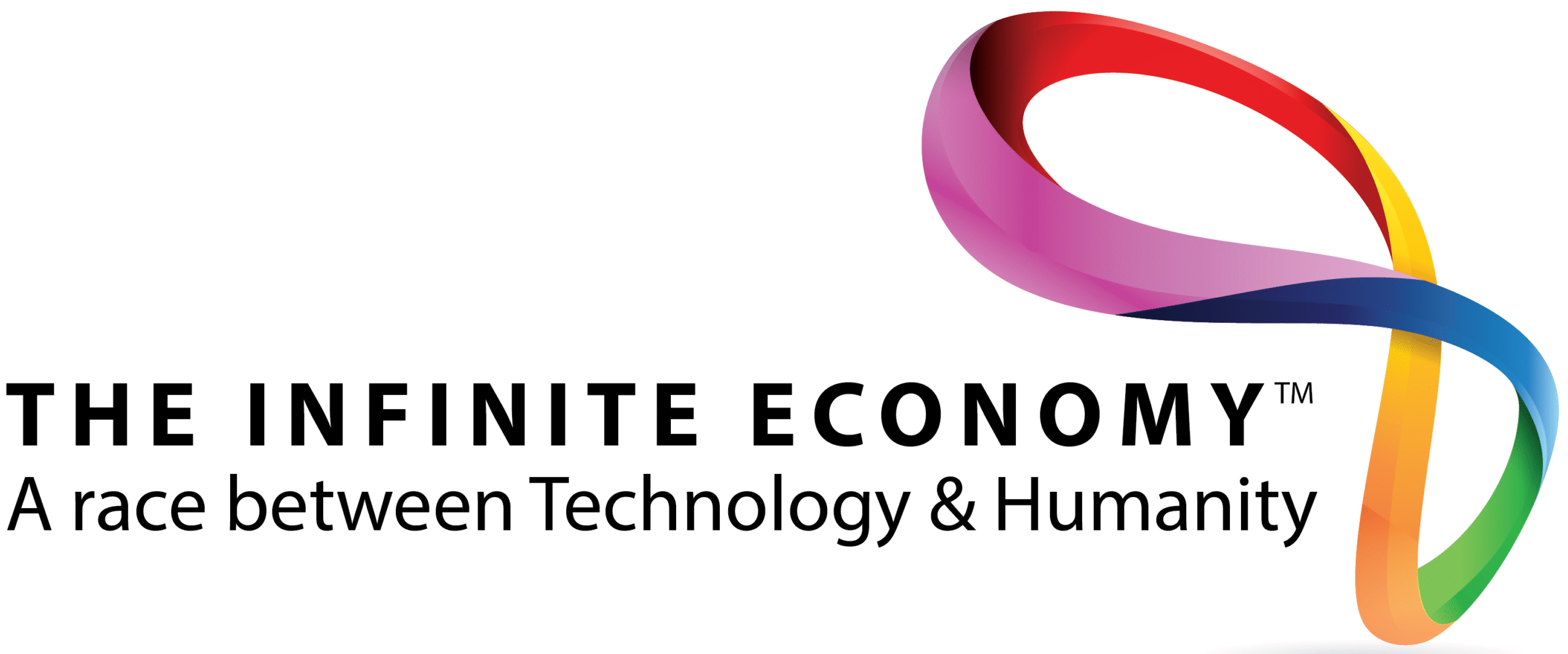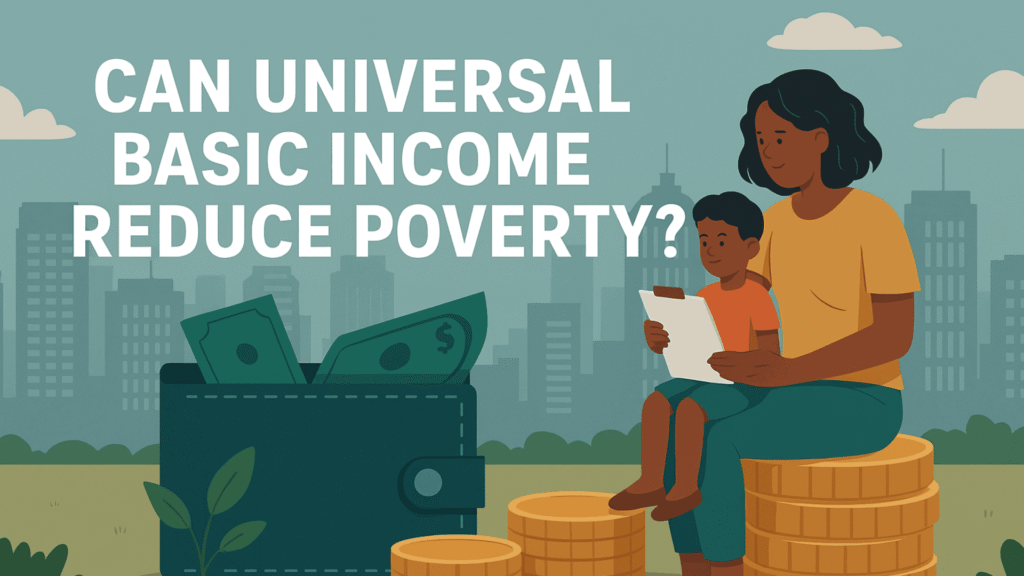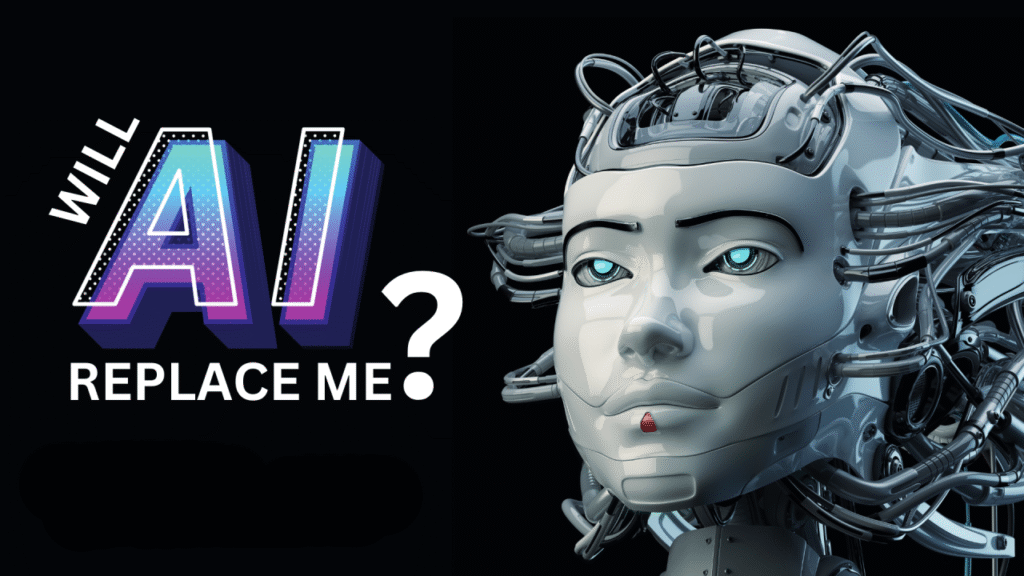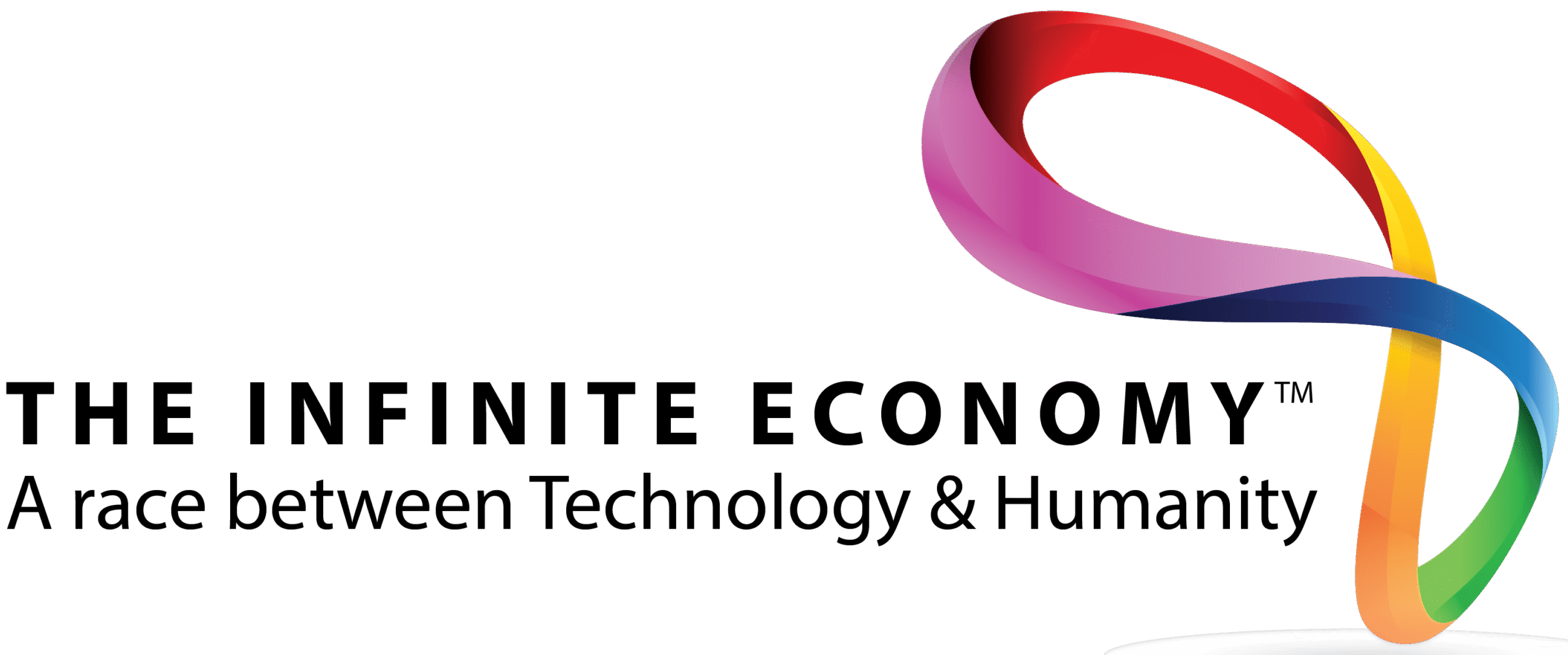Why Long-Term Thinking Is the Future of Business
In an era defined by rapid change, quarterly targets, and pressure for instant growth, many companies are struggling to stay relevant. The business world has long been shaped by short-term thinking—focusing on immediate returns, fast product launches, and maximizing shareholder value in the now.
But what if the future belongs not to the fastest, but to the most resilient?
What if real success means building something that lasts?
Welcome to The Infinite Economy—a new way of thinking about business, strategy, and growth.
🔁 The Shift from Finite to Infinite
Most businesses operate in what we call a finite model—a game with fixed rules, limited time, and clear winners and losers. Think: launch fast, beat competitors, exit early, repeat. But the most transformative businesses today don’t play finite games. They build systems that adapt, evolve, and outlast the market itself.
In the infinite model, success is not about finishing first—it’s about staying in the game as long as possible while creating lasting value for all stakeholders.
This isn’t a philosophy. It’s a business imperative.
🌍 The Four Pillars of the Infinite Economy
To design and run an infinite business, you must rethink how you approach strategy, operations, and leadership. Let’s explore the four core pillars:
1. Long-Term Value Creation
Your business must deliver value not just to shareholders, but to customers, employees, communities, and the environment. This means aligning your core offering with a deeper purpose.
- Are you solving a meaningful problem?
- Will your value proposition still matter 10 years from now?
- How do your operations affect the world around you?
Companies like Patagonia, Tesla, and Unilever have proven that focusing on impact and longevity leads to loyal customers, better talent, and sustainable profits.
2. Business Model Innovation
Traditional business models age quickly. To stay relevant, businesses must continuously test, adapt, and reinvent their models.
Tools like the Business Model Canvas help visualize and redesign how you create, deliver, and capture value. This isn’t just for startups—established companies must challenge their assumptions too.
Infinite businesses ask:
- What new value can we create?
- Where are our customers underserved?
- What happens if we break the industry rules?







